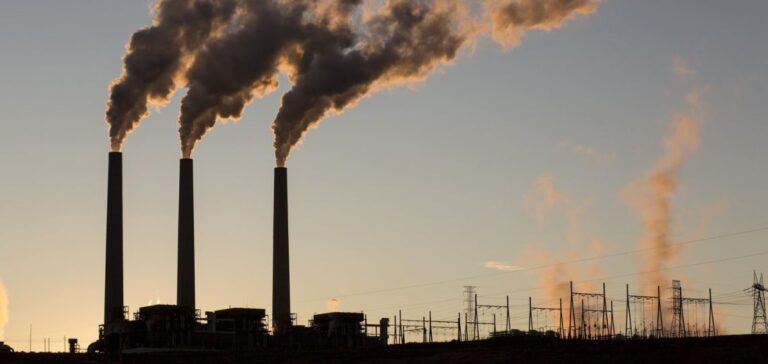The G7 leaders, including Italy, Canada, France, Germany, Japan, the UK and the USA, have announced their commitment to cease coal-fired power generation in their energy systems during the first half of the 2030s. This decision comes after continued pressure from environmental activists demanding exemplary action from these major industrial nations.
International reactions
Reactions to this announcement vary widely. French Minister Franck Riester hailed the commitment as a “strong signal”, while analysts and activists such as Luca Bergamaschi of ECCO and the World Resources Institute acknowledged significant progress. On the other hand, Andreas Sieber of 350.org and the Institute for Climate Analysis criticized the 2035 deadline as insufficient, pointing to the lack of measures against gas, another major CO2 emitter.
Provisions and loopholes
The agreement gives countries leeway to adjust their coal phase-out timetables to keep the global temperature rise below 1.5°C. It also allows coal-fired electricity to continue if emissions are captured or technologically limited, a clause that has drawn criticism for its exploitative potential.
Other G7 initiatives
Beyond coal, the G7 ministers also expressed their intention to reduce global plastic production and increase battery storage more than six-fold by 2030. These efforts are designed to support power grids powered by renewable sources and combat global plastic pollution, despite the absence of a polymer production cap in the latest negotiations.
Financing the fight against climate change
Discussions also focused on the need to extend climate financing to more contributing countries, particularly in view of China’s increasing role as the world’s largest emitter of greenhouse gases. Franck Riester explicitly called on China to join these financing efforts, which aim to triple global renewable energy capacity and encourage the transition of heavy industries such as steel and cement to decarbonization.
The G7 meeting in Turin marks a potential turning point for the world’s energy future, with significant commitments to reduce carbon emissions. However, critics point out that the measures adopted may not be sufficient to meet current climate emergencies.






















